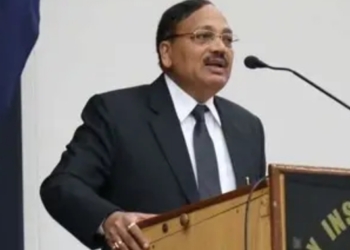External Affairs Minister S. Jaishankar has made it clear that Operation Sindoor is not over and will continue if India faces further terror attacks from across the border. In a strong message to Pakistan, Jaishankar stated, “If the terrorists are in Pakistan, we will hit them where they are.”
Speaking to Dutch broadcaster NOS, Jaishankar reaffirmed India’s new counter-terrorism policy following the April 22 Pahalgam terror attack in which 26 civilians were killed. The attack was reportedly carried out by The Resistance Front, a proxy of Lashkar-e-Taiba.
India launched Operation Sindoor on May 7, targeting nine terror camps in Pakistan and PoK. This triggered four days of intense cross-border hostilities, including drone, missile, and artillery exchanges. The situation de-escalated with a mutually agreed ceasefire on May 10, but Jaishankar clarified:
“There is a message in continuing the operation, but it is not the same as firing on each other. The message is clear—and that message is act.”
He emphasized that the Indian response was imperative and inevitable, given the nature of the Pahalgam massacre, which was carried out with a religious motive and aimed at derailing tourism and inciting communal tensions. Jaishankar also pointed to extremist rhetoric from Pakistan Army chief Asim Munir days before the attack as context for the Indian response.
On May 10, in a decisive move, India hit eight Pakistani airbases, rendering runways and command centers non-functional. This forced Pakistan into accepting a halt to further hostilities.
“Their general had to call our general and say: ‘Let’s stop’—and that’s exactly what happened,” Jaishankar revealed.
Rejecting US mediation claims—particularly former President Donald Trump’s statements—Jaishankar clarified that the ceasefire was directly negotiated between India and Pakistan, though countries including the US, West Asian nations, and others reached out expressing concern.
India, Jaishankar asserted, is only willing to talk to Pakistan on two matters: Ending terrorism, and Returning the illegally occupied parts of Jammu and Kashmir.
He concluded by linking national security to economic progress:
“You don’t choose between security and economic prosperity. They are two sides of the same coin.”





























